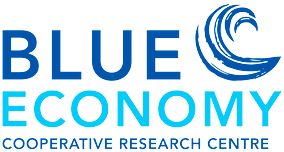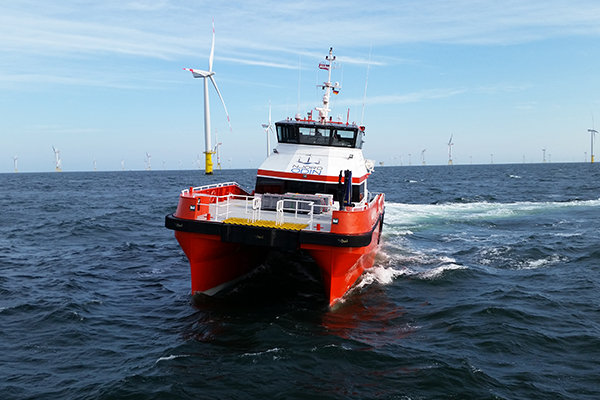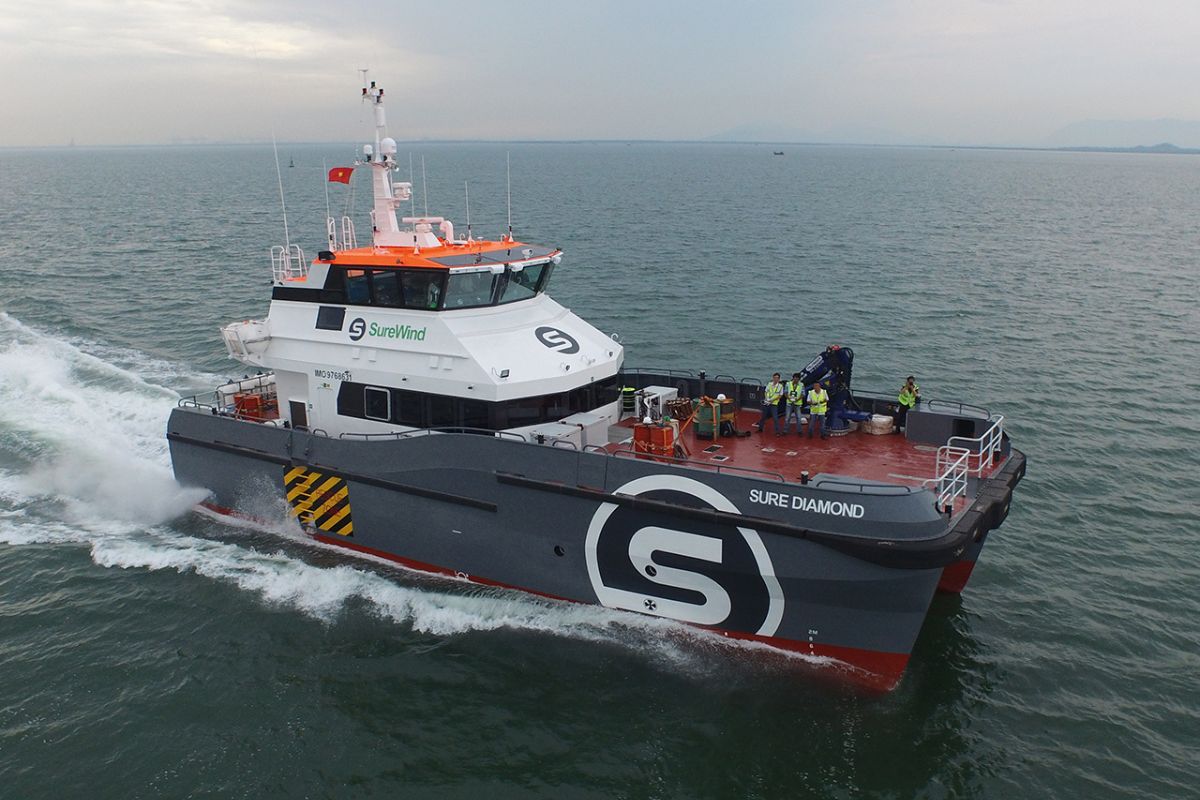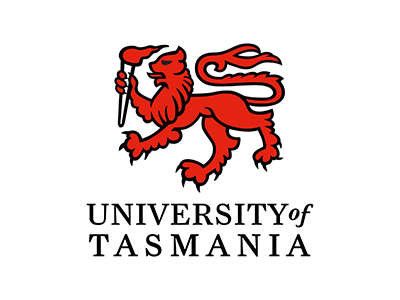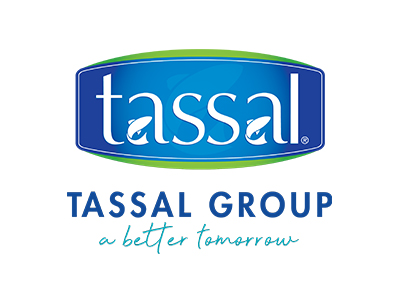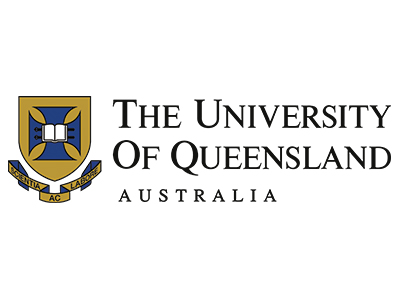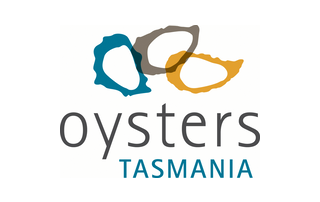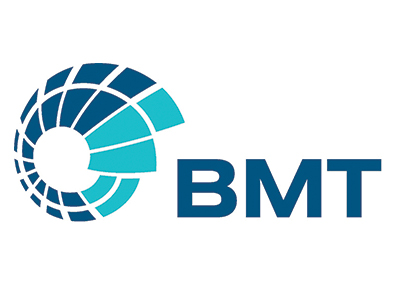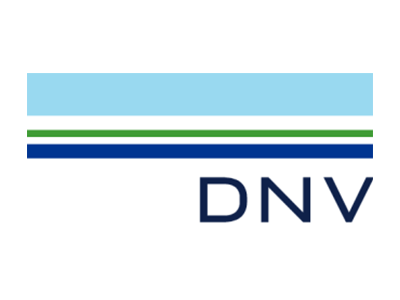Image courtesy of BMT
Research Program
PROJECT LEADER
PROJECT ID
1.21.005
BECRC PARTNERS
START DATE
March 2022
END DATE
February 2024
DURATION
24 months
PROJECT IN BRIEF
There is an identified need to develop a Code of Practice (COP) specific to offshore aquaculture vessels for use in the growing blue economy sector.
The National Standard for Commercial Vessels (NSCV), existing rules and regulations of Australian Maritime Safety Authority (AMSA), and guidelines of International Association of Classification Societies are relevant in describing the requirements of offshore aquaculture vessels. However, those rules and guidelines are not placed in a single Code of Practice (COP) document.
Therefore, future offshore aquaculture vessels deployed by the growing Blue Economy sector may have to refer to many documents with multiple interpretations in a time-consuming and non-user-friendly process.
This project will conduct a comprehensive review of existing National Standard for Commercial Vessels (NSCV) and the guidelines of classification societies to develop a new set of “Deemed to Satisfy” rules and regulations for offshore aquaculture vessels.
The final COP will be a reference document for Australian operations, to be submitted to the Australian Maritime Safety Authority (AMSA) for possible adoption.
JANUARY 2024 UPDATE
In January, a public workshop was convened to gather feedback on the draft of the Code of Practice for Aquaculture Vessels. Over 30 individuals from various organisations participated in this workshop and subsequent follow-up meetings have been arranged to engage with a broader audience and stakeholders, aiming for a more comprehensive code of practice. Feedback received has been incorporated into the code, and the final document is now prepared for submission. This version will undergo review by AMSA and a presentation with the Tasmanian RINA branch has been scheduled for 12th March 2024.
PAST EVENTS
PUBLICATIONS
OMAE 2023: Prioritising challenges and risks in aquaculture vessels for developing a code of practice.
